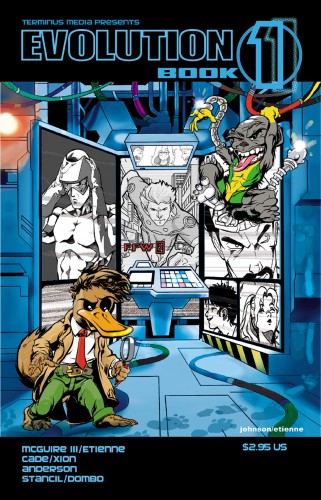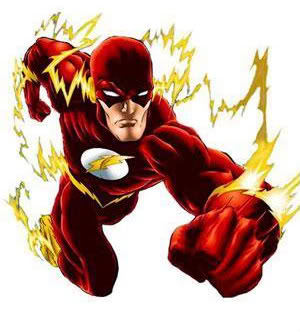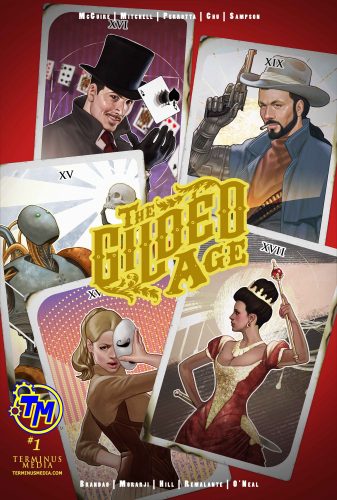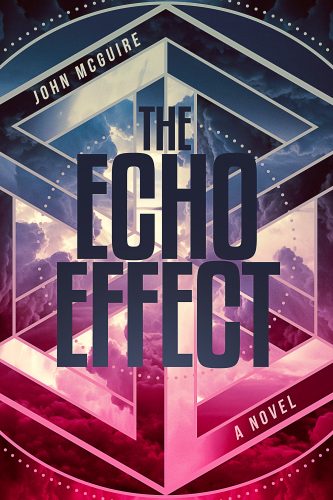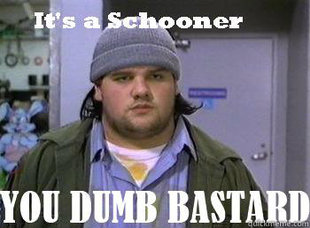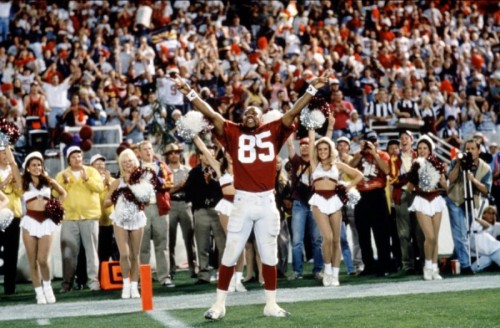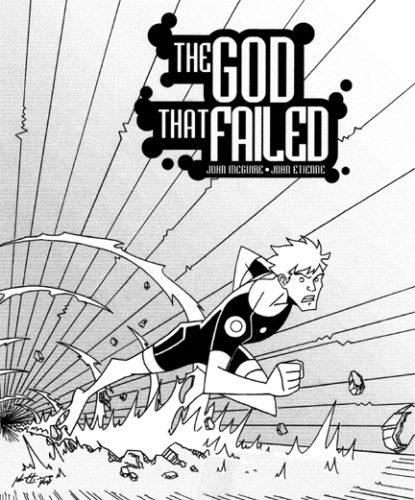
How do you write a comic book?
I had crafted terrible, terrible stories throughout my youth. I have a blue beat-up notebook with the ongoing tales of the Threats based on the adventures of my sister and friends. I had various files on the computer with a bullet list style outline of ideas here or there but there was never a real chance to actually get a comic going. And then somehow I found myself with a very random opportunity after spending a few months talking about writing in the back of a comic shop.
There were some artists who met up there as well and somehow there was an opportunity to do something short. 8-pages.
I didn’t go back to any of my old ideas. In fact, I wasn’t really sure how to go about writing a script for an artist. I don’t think I’d really seen anything at that point. But there was a bigger problem:
I didn’t have an idea.
It was a struggle to try and find some kernel of an idea. Sure I had 60 issue epics planned out, but only 8 pages? What in the world could I tell in such a short amount of time?
And then it hit me one day while I was at work. Over the next 10 minutes I roughed out the full script on a bunch of scrap papers. The idea of having a hero who had a very limited time in the world. I don’t know if I was feeling my own mortality as I approached my 30s or if there was something about comic book heroes never getting to see the last of their stories, but that’s what I set out to do.
Again, it was a bare bones script at best that I handed the artist, John Etienne, the next meeting. He might have asked a couple of questions, I can’t remember. All I knew was there was a chance this bit of words on a couple of pages might get transformed into something bigger.
Since the internet loves a list, here are 9 things (Why 9? Because that’s how many I came up with!) about my first comic that might strike your fancy, a behind the scenes, if you will:
1- John Etienne was the artist on the story. The only reason that Etienne was my artist is because I had approached him a couple of months earlier, before the idea of doing an anthology was even a real thought in anyone’s head. However, it wasn’t because I had this story lined up. No, instead I had wanted him to draw an 8 page Moon Knight story for me (not sure what my goal there would have been). Lucky for me he didn’t have time right then to work on anything, and when the anthology project was finally launched I had a story of my own.
2- John Etienne happens to know my Mother-in-Law. She played a trick on him once the comic was out by telling him that not only had she gone to Dragon Con, but she had bought this comic book and wondered if he was the artist on it. “I always go to Dragon Con, and I love comic books”. After a few dumb-founded seconds she fessed up, but both of them later relayed the story to me (and the look on his face as he wasn’t sure if he’d stepped into Bizzaro world or not). I believe Etienne’s words were to me that he just couldn’t see her at Dragon Con. Though, I would pay good money to see her downtown on Labor Day weekend.
3- There was some debate about the order of the stories within the book. I generally like to be the nice guy about most things, but by my thinking I believed you either wanted to be the first story or the last story in the book (actually we all may have thought those spots were the best). I ended up with the last story position, but when the first story ended up delayed (or abandoned, I can’t remember) everyone agreed to put The God That Failed into the first position. Again, I have to thank Etienne for actually being the first one finished with his pages which made the choice fairly easy plus they looked pretty damn good as well, which did not hurt our cause).
4- I mentioned in the blog that my favorite superheroes are Spider-Man and The Flash. The God That Failed was my idea of what would happen to a guy who received the abilities of The Flash, but that power was burning him up inside.
5- In my original script, page 7 was actually page 6, and page 6 was page 7. Given the way the narration was done the story wasn’t as much linear as it was a guy talking about his friend who was disappearing from the world. When I actually saw the finished pages I had those two flipped given the way the story played out. That being said, page 7 is a “what if” moment, not something that the character actually did (he didn’t need to get more power, he already had way too much).
6- Though I love the serialized format of comic books, this was always a stand-alone story… a cautionary tale, a new myth or something. Thus began my apparent need to tell complete stories (done in one) in comics. That continued with The Gilded Age. But the real reason that I didn’t want to have him as a new hero for future stories was that I had no idea if or when I’d ever get a chance to do more comics. And as a reader there is nothing more frustrating than buying a comic that says “To Be Continued” and then not ever finding the rest of the story.
7- The main character’s name was John Smith; however, it wasn’t because two Johns worked on the story. I wanted a generic name, someone who might be easily forgotten regardless of all the good deeds he might have done. That fear is something that I know I have and I was channeling that fear into John Smith. This is really summed up to me on pages 5 & 6 but mostly in panel 4 on page 5. John carving into the Easter Island statues is not him destroying something precious; it is his attempt to prove that he existed at all. I sometimes wonder if he did that all over the world.
8- The title is taken from the title of a song on Metallica’s Black Album. I just liked the way it sounded, and since superheroes many times are considered gods, it fit exceptionally well in my mind.
Now I probably owe them money or something.
9- My favorite page of the story is the last one. I think (I hope) that I dodged becoming too preachy by having that last panel thrown in there. I love the idea of another what if… this one being, of course, what if John Smith had lived. The shot of The Fruit Fly conjures up memories of a 10-year old me. I think he would have gotten a kick out of that.
***
I’m not sure John truly knew how excited I was to start seeing those pages. And while the narration and idea was mine, it wouldn’t be anything without his wonderful artwork. He took a bare script and made it look like a true comic story. And when he was done, that’s when I got that first true rush I hope everyone who creates something gets when they see it finished. It’s an odd moment where you know no matter what else happens, a little piece of you exists in the world. Something permanent which sprang from your mind.
My own Easter Island carving if you will.
***
John McGuire is the writer of the sci-fi novel: The Echo Effect.
He is also the creator/author of the steampunk comic The Gilded Age. If you would like to purchase a copy, go here!
Click here to join John’s mailing list and receive preview chapters of upcoming novels, behind the scenes looks at new comics, and free short stories.
His other prose appears in The Dark That Follows, Hollow Empire, Tales from Vigilante City, Beyond the Gate, and Machina Obscurum – A Collection of Small Shadows.
He can also be found at www.johnrmcguire.com






